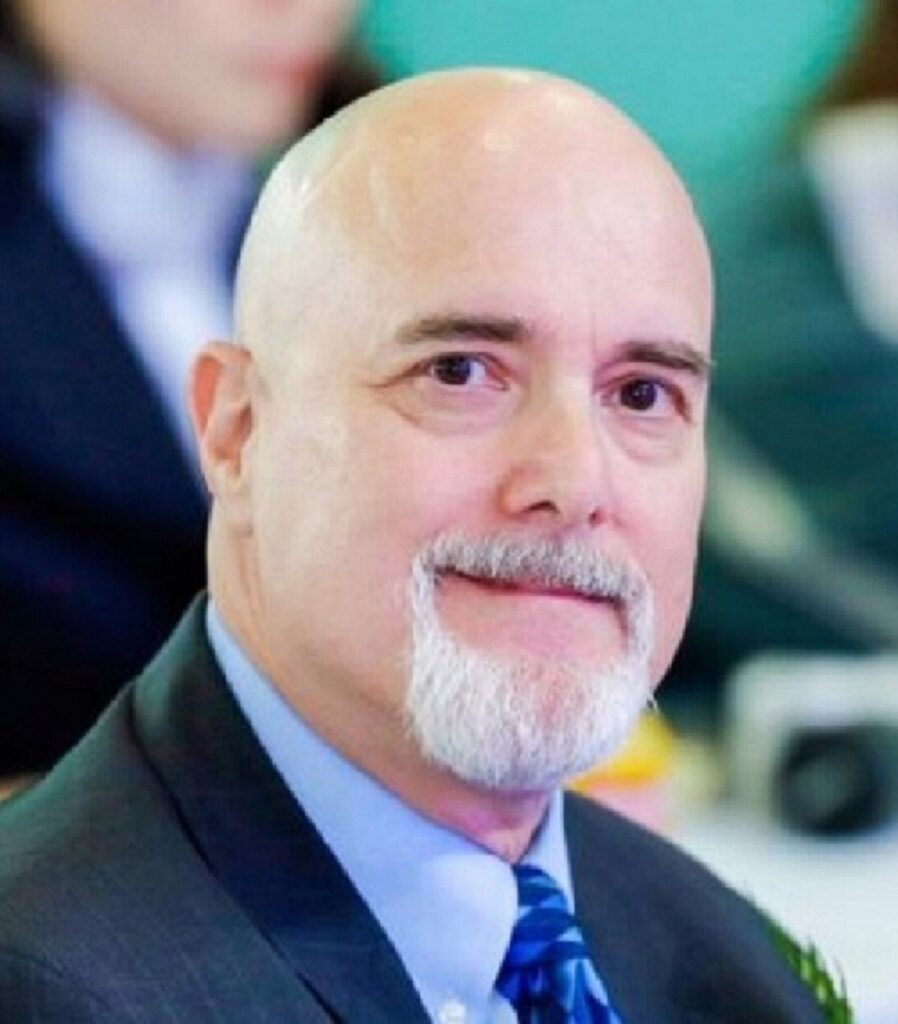The Driver
Sustainability measures are seen as smarter investing. Beginning in the 2010s, large investors such as pension and retirement funds began considering potential risks to their investments from environmental factors like hurricanes, tornadoes, forest fires, rising sea levels, and droughts. They did due diligence to understand the risk from these environmental and weather-related issues so they could make better investments.
Result
Today, over 90 percent of the companies listed on the S&P 500 stock market index report on their sustainability efforts and increasingly require their suppliers, including those in the cleaning industry, to report their environmental impacts. These reporting requirements are currently moving from voluntary to required, as the U.S. Securities and Exchange Commission (SEC) works to standardize sustainability reporting to make it easier for investors to compare risks.
Enter the Cleaning Industry
The first step to assure cleaning company transparency is to develop a baseline focusing on the issues most significant to their operation. In addition to the percentage of green products manufactured, distributed, or used, reporting examples include (by sector):
**Manufacturers—**Depending on what they make, manufacturers could focus on their energy, water use, and waste and recycling-related issues.
**Distributors—**They can focus on fuel consumption and the efficiency of their delivery fleet, which would be their most significant impact, along with the energy used to light, heat, and cool warehouses.
**End-user or service provider—**Cleaning providers could focus on social impacts such as wages and benefits, hiring practices (e.g., equity, diversity, the hiring of veterans and people with disabilities), training, and other issues related to human resources since their biggest impact is their employees.
The Future
Sustainability differentiates itself from green cleaning. Whereas green cleaning focuses on products and services, sustainability is a measure of how the organization itself operates. As green cleaning began to change the landscape of the cleaning industry 30 years ago, today, sustainability is poised to be the “disruptor” of our industry.
Not only will sustainability become a tool for purchasers looking to reduce their organizations’ risk, but it will also become a boon for the cleaning industry, helping drive efficiencies and other cost-saving efforts while improving its commitment to frontline workers and the environment.
ProNatural’s Thoughts on Sustainability

Steve Ashkin
The above are quotes from Steve Ashkin, the professional cleaning industry’s leading advocate for sustainability.
At ProNatural, we are doing our part to be a sustainability-focused organization. We agree with Steve that sustainability focuses on how a business operates.
We also believe our citric-acid-based cleaning, sanitizing, and disinfecting solutions are making an important contribution to sustainability. They are made from citrus fruits, one of nature’s most plentiful crops. Using them helps building managers and service providers promote sustainability in their own business practices and operations.
Related Articles
Discover more insights and cleaning tips from ProNatural Brands.
Stay Updated with ProNatural Brands
Don't miss out on the latest cleaning tips, product updates, and industry insights.